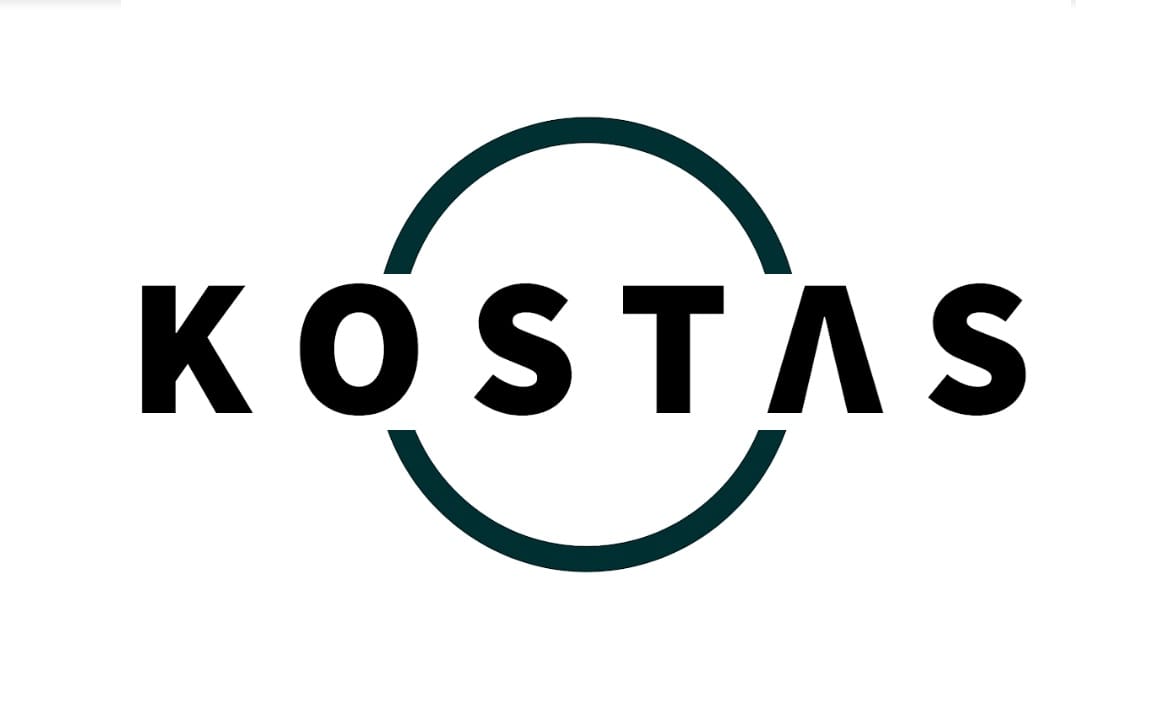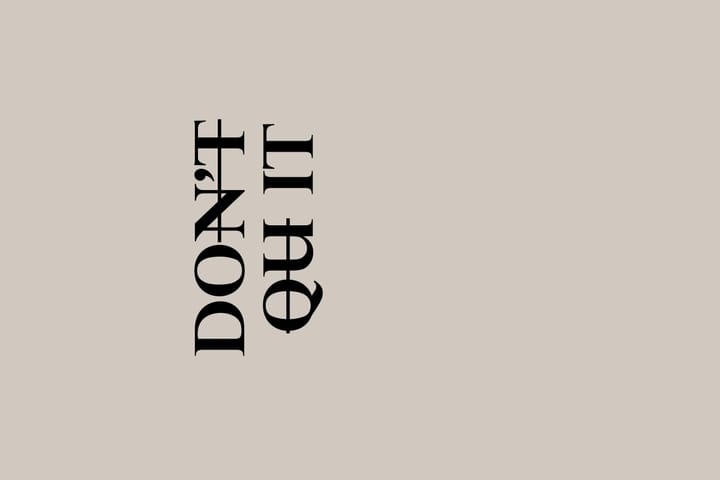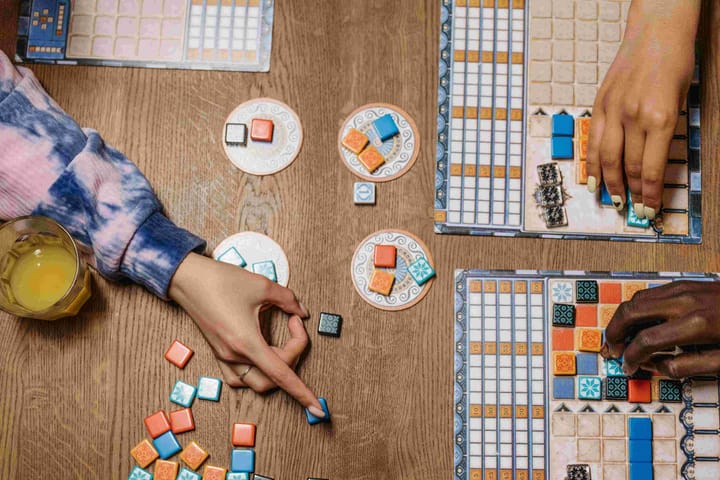Katharsis: A Clean Monday That Greece Deserves
The families of the victims, along with thousands of Greeks, are still seeking another kind of cleansing. Not of the body, but of the wound that refuses to heal. A katharsis.

I dare to say that, over the past few days, a particular thought has been constantly on my mind. Greece is where I want to be. And to be completely honest, for the first time in a long, long time, I feel a deep longing to return—even if only for a while—to my homeland.
Tomorrow (yesterday for all my fellow readers), Greece celebrates Clean Monday—a day of cleansing, renewal, and a symbolic fresh start. It marks the beginning of Lent, a period of reflection and purification, both of the body and the soul. At the same time, millions across the world are observing Ramadan, a sacred time of fasting, discipline, and spiritual cleansing.
Different traditions, same essence.
And yet, as Greece prepares to take a deep breath of fresh air, flying kites and sharing Lenten food, a cloud still looms over the country. It has been two years since the Tempi train disaster—a tragedy that left 57 lives lost and an entire nation grappling with grief, anger, and a justice system moving at a pace that feels too slow for those left behind.
The families of the victims, along with thousands of Greeks, are still seeking another kind of cleansing. Not of the body, but of the wound that refuses to heal. A katharsis.
A Nation Holding Its Breath
What we've been taught as children is that Clean Monday is meant to be a release—a transition from excess to simplicity, from indulgence to purification.
But how can you cleanse a soul burdened with injustice? How do you find renewal when the past still clings to you, unanswered and unresolved? For the families of the Tempi victims, every Clean Monday since that night is not about fresh starts. It is about memory. About holding onto the voices of their loved ones. About refusing to move on when nothing has truly changed.
They are not alone.
The massive protests that have erupted across Greece show that this tragedy is not just personal; it is national. The people marching, chanting, demanding answers—they are not driven by politics. They are driven by the need for truth. By the fundamental human instinct that says wounds must be treated, not covered up.
And yet, politicians serving a specific agenda try to convince us of the opposite, forcing millions of Greeks—both across the country and around the world—to demand what should be self-evident.
Justice for all.
Justice as the Only True Cleansing
You see we have this word, 'Katharsis' and in its ancient Greek form, was never just about personal relief. It was about collective purification. The great tragedies of Greek theater were not meant to simply tell a story; they were designed to help society confront its darkest moments, to bring suffering into the light so that it could be understood, processed, and—eventually—released.
And in this case, this is what we all waiting for. A cleansing not of ritual, but of responsibility. Of transparency. Of the systemic failures that led to that fateful night. A true katharsis, one that allows grief to transform—not into resignation, but into change.
Tomorrow (yesterday), as families gather to break bread and fly kites into the sky, others will be lighting candles for those who should have been here to do the same. Their absence is a void that no tradition can fill. But their presence—in protests, in courtrooms, in every voice demanding accountability—remains undeniable.
Clean Monday, like Ramadan, teaches that true cleansing comes not from ritual alone, but from action. From discipline. From the courage to confront what is impure and to demand better. Justice, when it finally arrives, will not bring back the lost. But it may finally allow Greece to breathe again. To heal. To move forward—not in forgetting, but in honoring.
Because Clean Monday is not just about wiping away the past. It is about making space for something better.




Comments ()